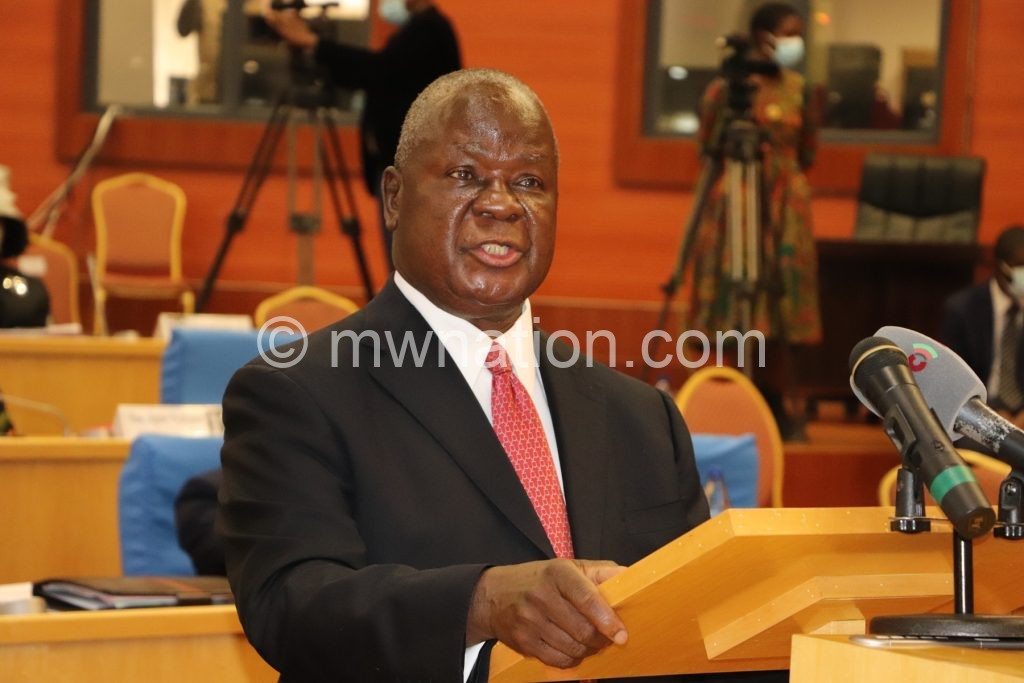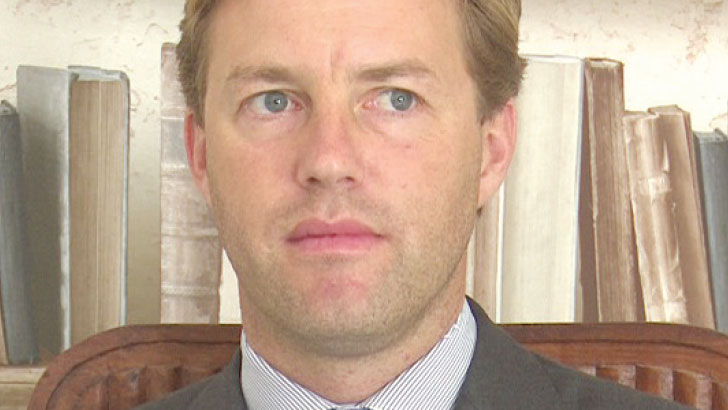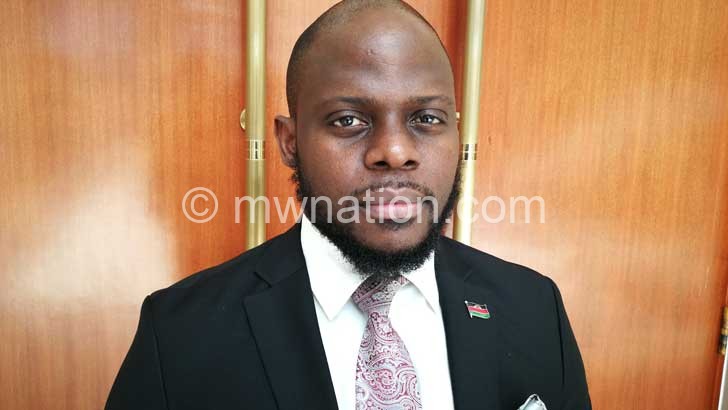Bank warns on debt fund
The World Bank has warned Malawi Government to tread carefully on the establishment of a Debt Retirement Fund, saying proposed financing options could exert additional fiscal pressure and worsen the country’s public debt woes.
The global multilateral lender made its case in its 14th edition of the Malawi Economic Monitor (MEM) under the theme ‘Addressing Macro and Gender Imbalances’ and provides an analysis of economic and structural development issues in the country.

Deputy Minister of Labour Vera Kamtukule virtually launched the 49-page publication in Lilongwe yesterday.
The World Bank warns that some financing modalities of the fund stand to burden consumers already under pressure from a myriad of levies and taxes.
Reads the report in part: “Some financing options such as a levy on fuel would put the financing cost on consumers who already face high levies on fuel.

“Other options such as using proceeds from tax revenue would reduce resources for budget implementation.”
There are currently six levies in the fuel e pump price build-up, namely rural electrification levy, road maintenance levy, energy regulation levy, distribution fund, carbon tax and Price Stabilisation Fund.
Minister of Finance Felix Mlusu announced the planned introduction of the Debt Retirement Fund when he presented the Tonse Alliance administration’s maiden national budget on September 11 2020.
He said the fund was initiated after a rise in the Total Public Debt (TPD) stock, which as at June 2021 stood at K5.5 trillion or an equivalent of 59 percent of the rebased gross domestic product (GDP), representing almost three times the size of the 2021/22 National Budget which is now pegged at K1.9 trillion.
In the report, the World Bank said: “In addition, creating separate funds in the past has sometimes led to transparency issues in the use of their resources, for example in the case of the Price Stabilisation Fund, which could call to question the efficiency of the use of funds.”
But yesterday, Mlusu maintained that Treasury hopes that the Debt Retirement Fund remains one possible panacea to tame the spiralling public debt levels.
In his address to the Pre-Budget Consultations Workshop in Lilongwe yesterday, he said: “As at end June 2021, the stock stood at K5.5 trillion or 59 percent of GDP. Government is equally worried with this high stock and will work hard to tame its growth through, among others, expenditure prioritisation and operationalisation of the Debt Retirement Fund.”
Mlusu said the debt stock has also risen because of the Malawi Government’s huge expenditure needs.
He said: “Our domestic revenues can only fund about 70 percent of our budget. This is why recently the ministry launched the Domestic Revenue Mobilisation Strategy where strategies have been outlined to broaden the domestic revenue base in the next five years.”
The minister said he was hopeful that once Capital Hill generates enough revenue, the country will narrow its yawning budget deficit and eventually balance its budget “or even run surpluses”.
In his address, World Bank country manager Hugh Riddell said the latest publication discusses how growing budget deficits are worsening an already dire public debt situation.
He attributed the situation to what he termed “over-optimistic Budget, government is spending K142 billion on AIP alone, an allocation which is representing 50 percent of the entire agriculture budget of K284 billion. In the previous 2020/21 budget, government had initially allocated K160 billion but the figure was revised down to K142 billion during the Mid-Year Budget Review.
In her reaction, Malawi Economic Justice Network executive director Bertha Lipipa-Phiri said the country’s economy with recurring fiscal deficits and the ever soaring public debt has now become more vulnerable.
She requested authorities to consider asking for more debt forgiveness or restructuring of the current debt.
Zimbabwe-based Tirivangani Mutazu, who is a senior policy analyst for the African Forum and Network on Debt and Development—a pan-African platform for lobbying and advocating for debt cancellation and addressing other debt related issues, told The Nation in a recent interview that while government is obliged to repay its debt, introducing any tax obligation for citizens as a way of retiring the debt is “insensitive and ill-advised”.
He said the Malawi Government must ensure that the process leading to establishment of the Debt Retirement Fund is inclusive and transparent.
Mutazu stressed that Parliament, civil society and experts should be consulted.
While describing the intention to establish the debt fund as plausible, local economist Milward Tobias said the key concern is that government has not demonstrated capacity to retire debt, advising that the best way to retire debt is first to minimise and at best stop new borrowing.
Last week, the International Monetary Fund (IMF) also underscored that restoring debt sustainability in Malawi requires both addressing the legacy debt burden and adopting a strong fiscal adjustment programme.
The fund said in a statement that while expenditures on containment measures and vaccine administration remain important in the near term, redoubling efforts on domestic revenue mobilisation, curtailing and prioritising current spending and public financial management reforms are critical.





